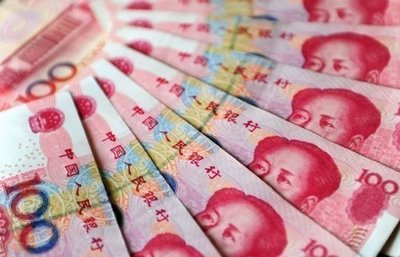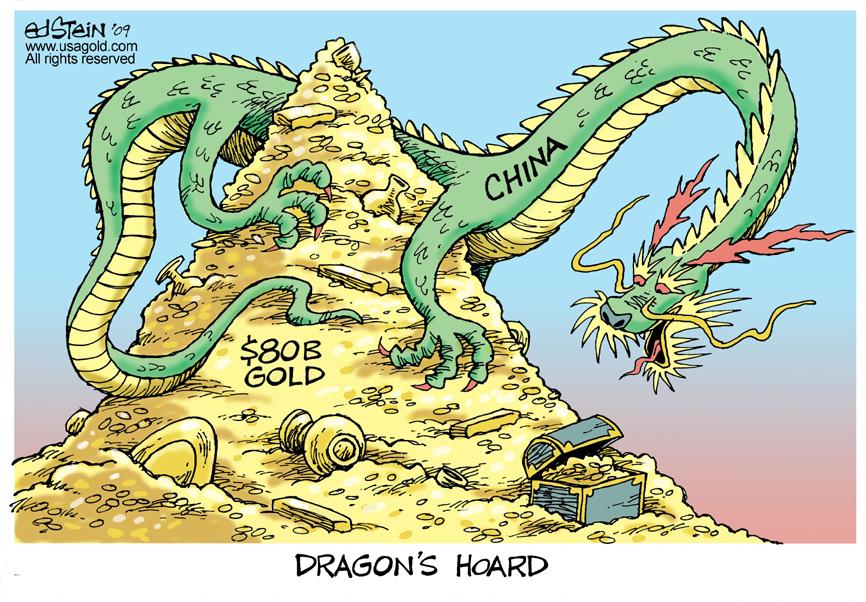China has said it is willing to bail out debt-ridden countries in the euro zone using its $2.7trillion overseas investment fund.
In a fresh humiliation for Europe, Foreign Ministry spokesman Jiang Yu said it was one of the most important areas for China’s foreign exchange investments.
The country has already approached struggling European countries with financial aid, including offering to buy Greece’s debt in October and promising to buy $4billion of Portuguese government debt.
‘To have any discernible effect China will have to buy a lot more than 5billion euros if they expect to have any impact on the negative sentiment surrounding Europe,’ said Michael Hewson, currency analyst at CMC Markets.
China’s astonishing economic growth has put it on track to overtake America as the world’s economic powerhouse within two years, a recent report claimed.
But experts believed still be some years before America’s leadership role is really challenged – largely because Beijing has given no indication it is ready to take on the responsibility of shepherding the world’ economy.
This foray into the future of the euro could be a signal from Beijing that it is ready to change that perception.
The euro rose temporarily on the news of China’s support – but was sinking again this morning to a three-week low against the dollar.

Toutlook for the single currency remains shaky, with fresh losses expected into 2011, they added.
The Financial Times reported yesterday that China had offered to take more ‘concerted action’ to support European financial stabilisation.
It cited unnamed senior European officials after talks with Chinese Vice Premier Wang Qishan.
Portuguese officials have said the government is trying to diversify its debt investor base, with China as a priority.
Finance Minister Fernando Teixeira dos Santos met Chinese Finance Minister Xie Curen and the head of the People’s Bank of China during a visit to the country last week.
But it is unclear whether Beijing would be prepared to take on so much fresh exposure to Portugal, after domestic political pressure to invest the country’s foreign reserves more carefully.
Chinese investment funds suffered from large, high-profile losses during the global financial crisis.
In October, during a visit to Greece, Chinese Premier Wen Jiabao offered to buy Greek bonds when Athens resumed issuing.
A month later, President Hu Jintao visited Portugal and offered ‘concrete measures’ to help the weak economy, but stopped short of promising to buy Portuguese bonds.
It is still believed that it will be some years before China actually overtakes the U.S. to become the world’s largest economy.
Politicians argue that technology is still behind and much of the country still lives in poverty.
And in another economic measure, output per person, China lags way behind the US.
Last year, the International Monetary Fund calculated gross domestic product per head in the US at $46,000. The GDP breakdown in China was just $4,000 per person.
